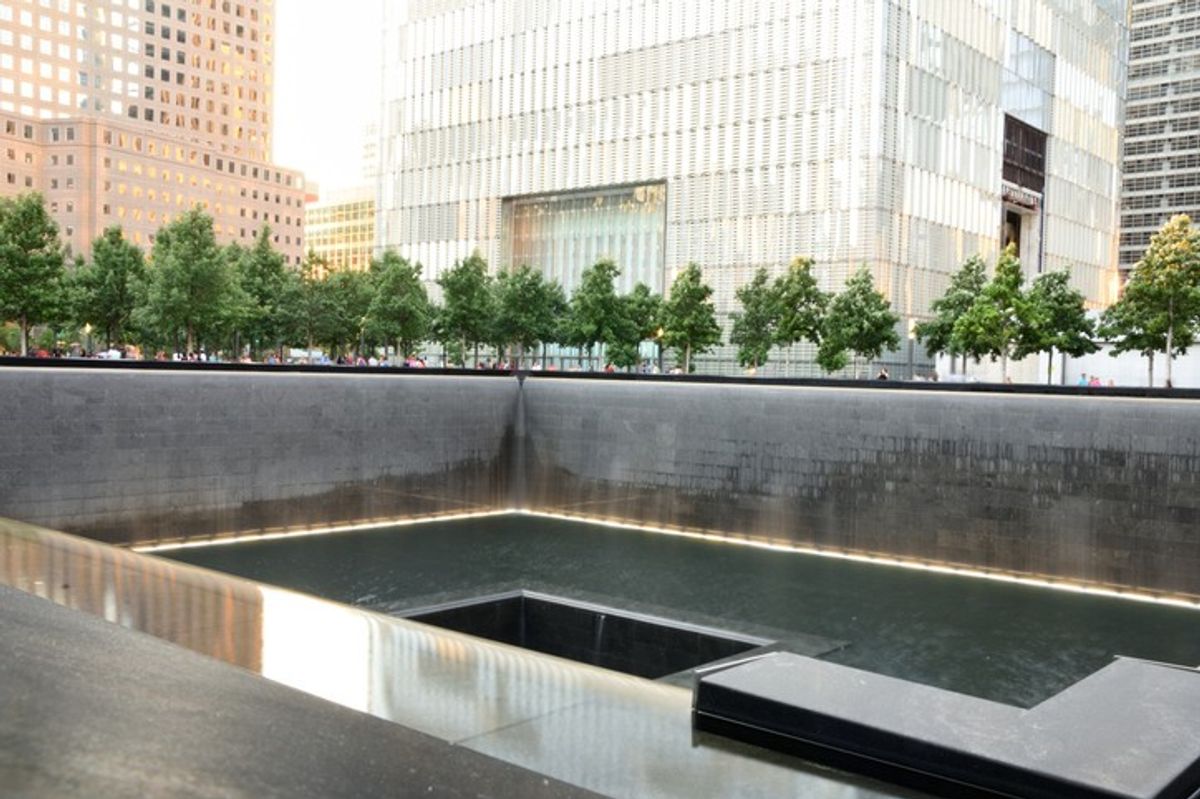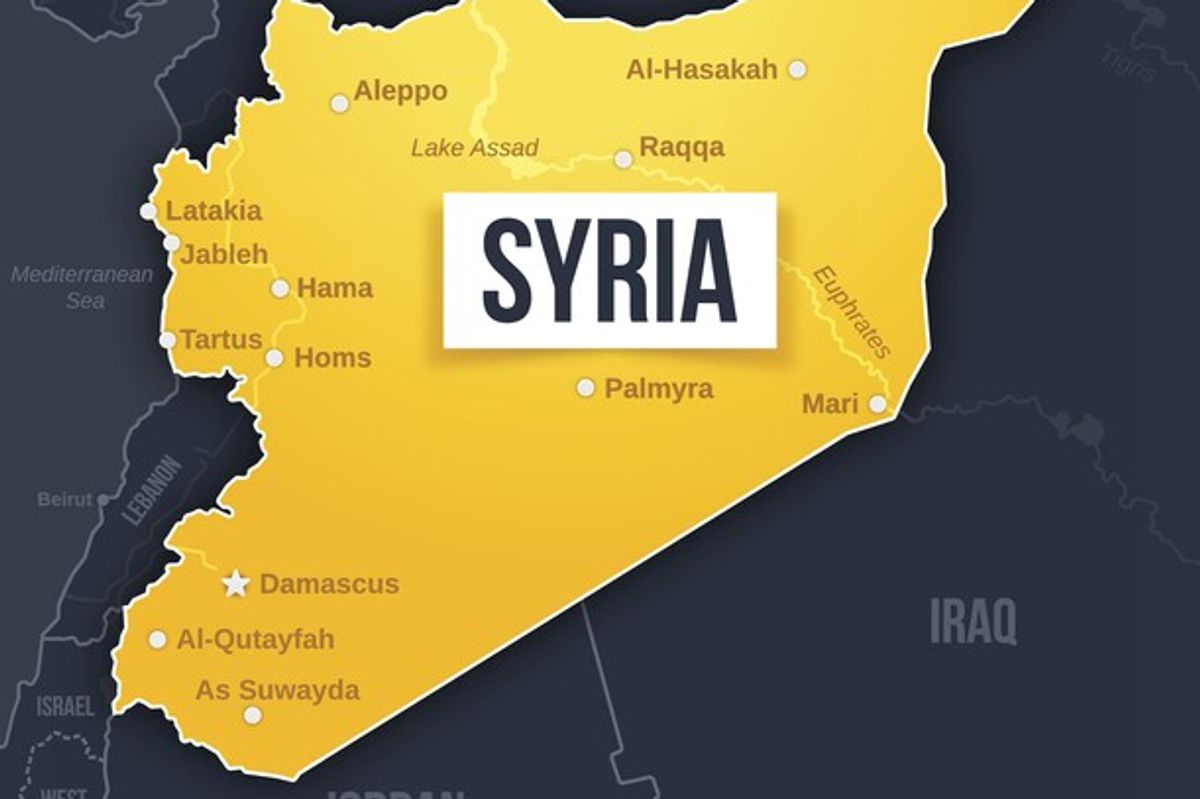During the 2008 Presidential campaign, the late Senator John McCain argued in favor of maintaining a military presence in Iraq, which he called “a very volatile part of the world where al qa’ida is training, recruiting, equipping, and motivating people.” McCain was articulating the late Charles Krauthammer’s strategy of “forward defense”, where we confront our enemies “over there” rather than allow them to plan and execute attacks on our homeland from ungoverned space.
The United States is protected by two great oceans, and enjoys mostly productive relationships with our neighbors to the south and to the north. Throughout our history, there has been a strong desire not to become overly entangled in world affairs. But McCain and Krauthammer were proponents of a globalist national security strategy, which entailed forward deployed intelligence collection, diplomacy, and when justified, military engagement.
Former National Security Advisor Brent Scowcroft concluded the lessons of the two World Wars we fought in the previous century were that “American power is essential to any stable equilibrium on the continent.” We won the Cold War by defending, deterring, and countering the Soviet Union throughout the world.
September 11, 2001 was the force multiplier for the McCain/Krauthammer strategy, which so significantly impacted U.S. national security calculus in this century. “Pulling up the drawbridge and defending fortress America” as Krauthammer explained after 9/11, was not an option. We need a robust, forward presence to detect threats, so that we can take appropriate action to prevent them from being visited on our shores. The world is more interconnected today including through cyberspace, than at anytime in our history. Our enemies can reach us in spite of the geographic separation, which once gave us a unique measure of security.
An interconnected world reduced our strategic depth, but also provided new, productive opportunities to engage outside our borders. McCain embodied this post 9/11, 21st century national security strategy, which relies on “soft power”, culture and values as much as lethal strikes, against our irreconcilable enemies. McCain was a heroic combat warrior, but he also deeply understood with the clarity only a prisoner of war could appreciate, how the U.S. is a beacon of hope for people all over the world who derive inspiration from our guiding principles including the rule of law, freedom of the press, democracy, and liberty. This is why the democracy fearing Kremlin controlled press so disrespectfully vilified McCain after his passing.
McCain was channeling President Reagan and Kennedy, both of whom invoked John Winthrop’s city upon a hill- “the eyes of all people are upon us”- as their foreign policy ethos.
Having served in senior leadership positions at CIA including tours of duty in overseas combat zones in the Middle East and South Asia, I learned firsthand how the Intelligence Community, State Department, and U.S. Military combine to achieve a powerful unity of mission. We recognized and drew strength from our diverse but complementary roles, to which Defense Secretary James Mattis alluded in 2017, when speaking to members of Congress at a National Security Advisory Council meeting: “if you don’t fund the State Department fully, then I need to buy more ammunition.” Building relationships with foreign military and security partners, the CIA and U.S. military joined the State Department in projecting soft power.
The U.S. should support those striving for democracies everywhere, but taking any risk of spilling our blood and treasure should be in places where in Krauthammer’s words, “there is a strategic necessity.” ISIS as well as al qa’ida and its affiliates, particularly in North Africa, the Middle East and South Asia constitute threats to our national security, which continue to demand our presence “over there” with the appropriate mixture of soft and hard power.
This is why on 9/11, I remember not only the victims of the attack on the Twin Towers but also the four lives we lost in Benghazi, Libya on 9/11 2012. I had just begun a tour of duty as the CIA’s Chief of Middle East operations and was in another Middle East capital during the attack on the State Department annex and our CIA base. Upon returning home, I visited one of our injured heroes in Walter Reed hospital days after he was safely evacuated. He inspired me and countless others to keep on standing the watch.
On this day, I remember Ambassador Chris Stevens, Sean Smith, Tyrone Woods, and Glen Doherty as four of our bravest patriots who gave their lives in service to a grateful nation. Let the memory of their heroism continue to inspire us all.
Follow Dan Hoffman on Twitter @danielhoffmanDC and follow The Cipher Brief on Twitter @thecipherbrief














